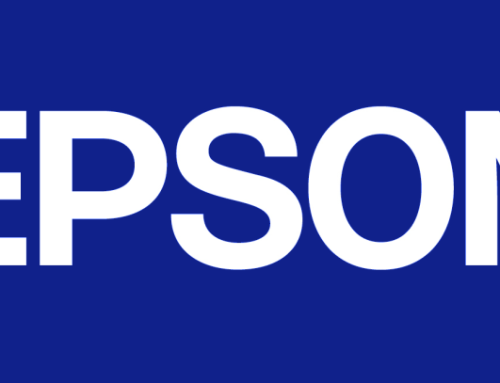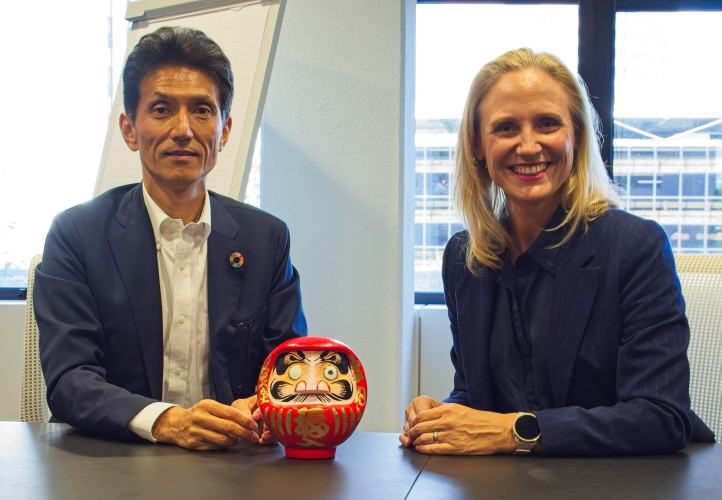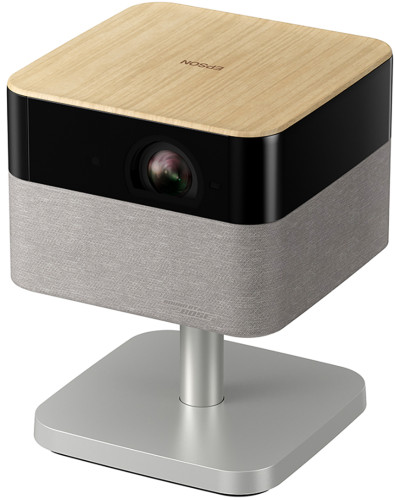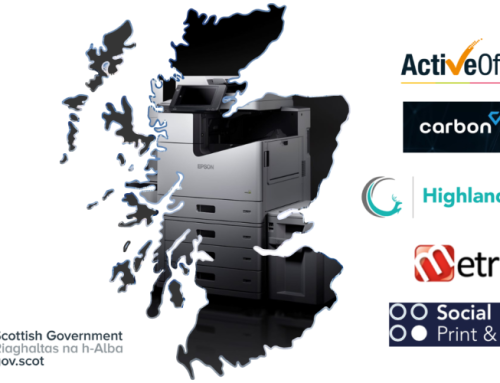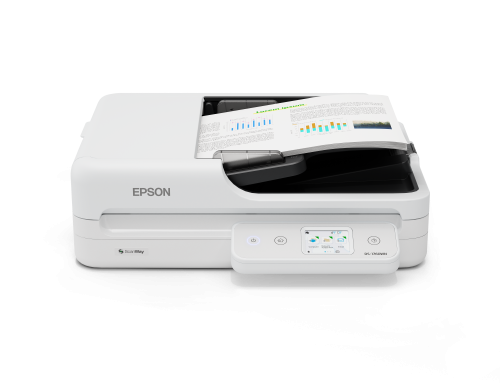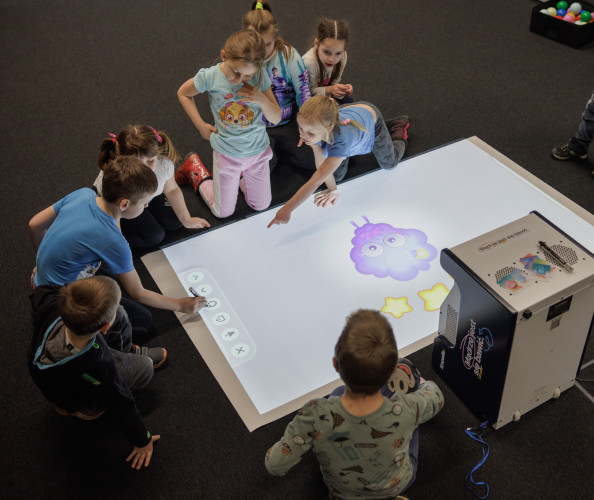Education and the Great Technology Gap
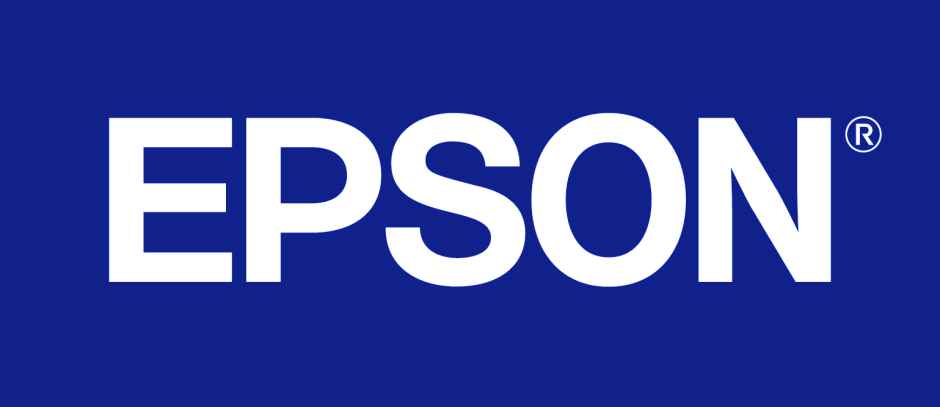
In today’s digital age, European education institutions have the responsibility to provide young people with the technology skills needed for tomorrow’s workplace. However, a recent independent survey commissioned by Epson shows that IT teams in the European education sector are lagging behind.
According to the International Computer and Information Literacy Study, the majority of teachers believe that innovative technologies in the classroom are crucial tools to develop skills necessary for the 21st century workplace, notably independent learning; critical thinking; real world problem solving and reflection; communication and collaboration; creativity; and digital literacy1. Yet almost half of the respondents across France, Germany, Italy, Spain, and the UK are aware of the technology needs in their organisation but are not actively addressing them. In Italy, over half (57%) of the questioned admitted to not addressing issues, while Spain is performing better with only 28% of respondents ignoring needs.
In addition, 38% of IT buyers in the education sector across the aforementioned countries are not pro-active in keeping up to date with new technology. The issue is particularly pertinent in France, were over half of all IT buyers admitted they aren’t up to speed compared to only 30% in Spain, 32% in the UK, 40% in Germany and 41% in Italy.
Furthermore, almost a quarter of education staff said restrictions on being able to upgrade equipment were hindering their use of technology ‘almost always’ or ‘frequently’. Education staff in France and Germany are least affected by this issue with 15% and 18% of respondents highlighting the issue. On the other side of the spectrum, a third of Italian employees said it was a problem in their industry. When asked what kind of technology their organisation should focus on improving or providing, 43% of education staff said laptops, closely followed by printers (40%).
Commenting on the survey results, Hans Dummer, business unit owner EMEAR – Visual Instruments at Epson Europe, says: “The survey results show that IT teams need to respond better to needs, and keep pace with new technologies so that teachers are not left with outdated equipment. However, with budgets being tightened, the pressures are greater than ever. Switching to products that are cost-effective to buy and maintain will be key to addressing these issues.”
But it’s not just a lack of up-to-date technology that’s preventing education institutions from realising the full potential of technology in the classroom. Teachers need to be well-trained in order to feel confident in introducing new technology and to teach appropriately using it. However, poor training on how to use new technologies was identified by 31% of all respondents in education as the main barrier prohibiting technology from fully benefiting the industry. Significant improvements need to be made in the UK and Spain, where 34% and 33% of respondents identified the problem.
“More needs to be done to bridge the gap between the class room and the boardroom but the good news is that education institutes are increasingly open to incorporating technology in the class room. To give you an example, many schools across Europe have already adopted visual communication tools like interactive projectors to enhance collaborative learning; a critical skill in today’s collaboration-driven workplace,” Dummer concludes.
1 The IEA International Computer and Information Literacy Study (ICILS)





